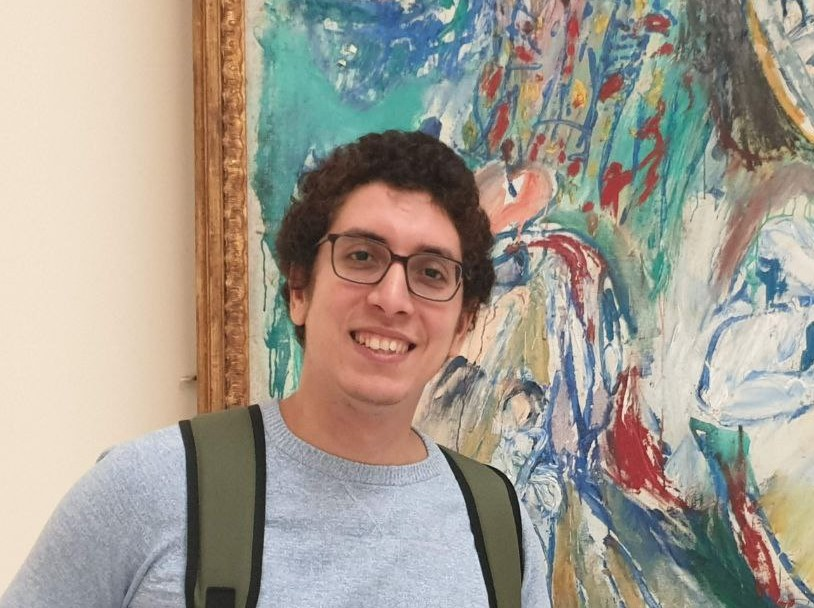About me
Hi!
I am Amr and I am a Machine Learning Visiting Researcher at the Machine Intelligence Laboratory, Cambridge University, Department of Engineering supervised by Prof. Dr. Per Ola Kristensson. I am a Doctoral Researcher at the German Research Center for Artificial Intelligence, supervised by Prof. Dr. Antonio Krüger and advised by Dr.-Ing. Michael Feld. I have obtained my MSc degree in Computer Science at Saarland University.
My research focus is User-centered Artificial Intelligence and Incremental Learning approaches with a focus on Evaluation, Personalization, and Model Adaptation. My research topics include Gesture Recognition & Computer Vision, NLP & LLMs Security and Evaluation, Multimodal Interaction & Interface Design, Incremental & Continual Learning, and Reinforcement & Imitation Learning. I have worked in domains such as Dialogue Systems, Automotive, Robotics, and Well-being in interdisciplinary academic and industry-oriented projects with partners such as Microsoft Research, BMW, Volkswagen, and Zeiss. You can find more details in my research statement below. For publications, please check my CV and google scholar.
I am also always interested in collaborating with researchers and business partners. I am currently leading a government-funded research project: TeachTAM.
Research Statement
Human-centered artificial intelligence (HCAI) is an exciting new area of research that is attracting increasing attention from researchers in both artificial intelligence (AI) and human-computer interaction (HCI). However, developing and implementing these concepts remains a challenging and complex task. Therefore, my research interests lie at the broad intersection of machine learning, artificial intelligence, and human-computer interaction, with a focus on personalization, model adaptation, neuro-symbolic learning, and incremental learning for the robotics and automotive domains. My research topics include multimodal interaction, sensor fusion, incremental learning, reinforcement learning for model adaptation and personalization, situational awareness, gesture recognition, robotic grasping, and actuators. I have also worked on multiple industry-oriented interdisciplinary projects with industrial partners such as BMW, IAV (a Volkswagen subsidiary), and Zeiss.
For example, I have designed and implemented an adaptive multimodal fusion approach for personalized object referencing in a moving vehicle while driving. This work enhances existing features in current BMW and Mercedes-Benz vehicles. In another project, I implemented a machine learning-based system for estimating the mental workload of drivers using psychophysiological signals (i.e., heart rate and pupillometry) to adapt the vehicle interface to the level of driver workload and improve driver safety through appropriate warning signals. This work aligns with research by Bosch on Driving Monitoring Systems.
In addition, I have worked on incremental learning approaches to adapt to driver behavior by performing hand gestures to control vehicle information. We were able to enhance the performance of the model using our novel technique and highlight a generic methodology for personalization and model-adaptation. We have also created a tool for synthetic dynamic gesture generation that can be used as an enhancement technique to further improve performance.
Finally, I also manage a project funded by the Federal Ministry of Education and Research (BMBF) relating to surgical robotic systems. In this project, we simulate a surgical robot performing ophthalmic cataract surgery using reinforcement and imitation learning. We also focus on adaptive techniques to personalize agent actions to follow a certain surgeon style. This project pushes the boundaries of autonomous robotic surgeries and aims to increase surgeon and patient trust in such systems.
